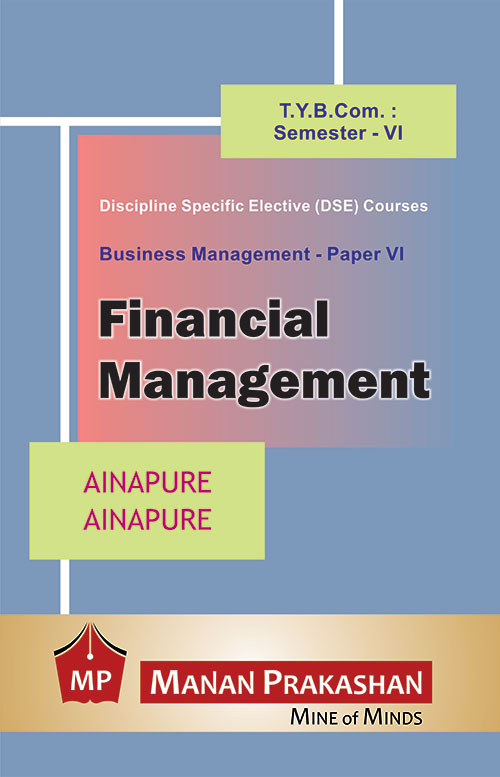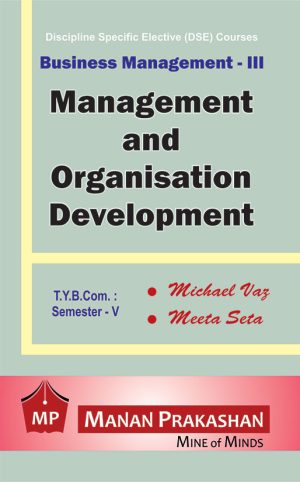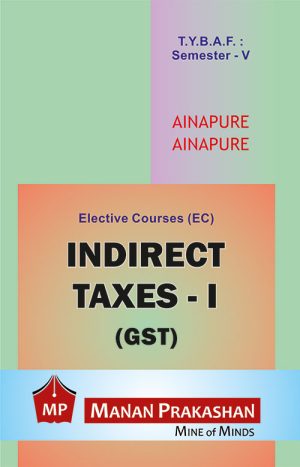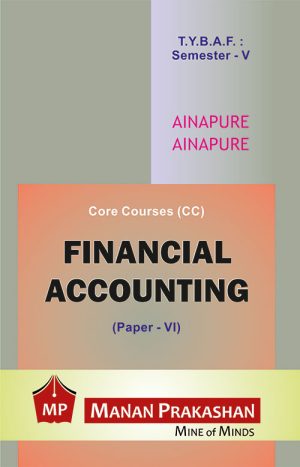Description
Financial Management
(Business Management – Paper VI)
TYBCOM Semester VI
Syllabus
1. Capital Budgeting and Evaluation Techniques (11 Lectures)
♦ Capital Budgeting – Meaning and Importance
♦ Evaluation Techniques
♦ Pay-back Method and ARR
♦ NPV and Profitability Index
♦ Choice of Evaluation Techniques, Uses and Limitations
2. Working Capital Management (11 Lectures)
♦ Working Capital – Meaning and Importance
♦ Factors Determining Working Capital Requirements, Working Capital Cycle
♦ Classification of Working Capital – Gross and Net Working Capital, Permanent and Variable Working Capital, Positive and Negative Working Capital, Cash and Net Current Assets Concept of Working Capital
♦ Management of Working Capital
♦ Estimation of Working Capital Requirement
3. Receivable Management, Cash Management and Marketable Securities Management (12 Lectures)
♦ Receivables Management – Meaning and Importance, Aspects of Receivable Management, Credit Policy and Credit Evaluation
♦ Control of Accounts Receivables – Day’s Sales Outstanding, Ageing Schedule, ABC Analysis
♦ Cash Management – Meaning, Motives of Holding Cash, Ways of Speeding up Cash Collections
♦ Preparation of Cash Budget
♦ Understanding the Role of Marketable Securities in Corporate Financial Management
4. Basic Principles of Cost Accounting (11 Lectures)
♦ Cost Accounting – Meaning, Classification of Costs and Non-Cost Items
♦ Preparation of Cost Sheet
♦ Marginal Costing – Meaning, Features, Advantages and Limitations of Marginal Costing
♦ Break-even Analysis






Reviews
There are no reviews yet.